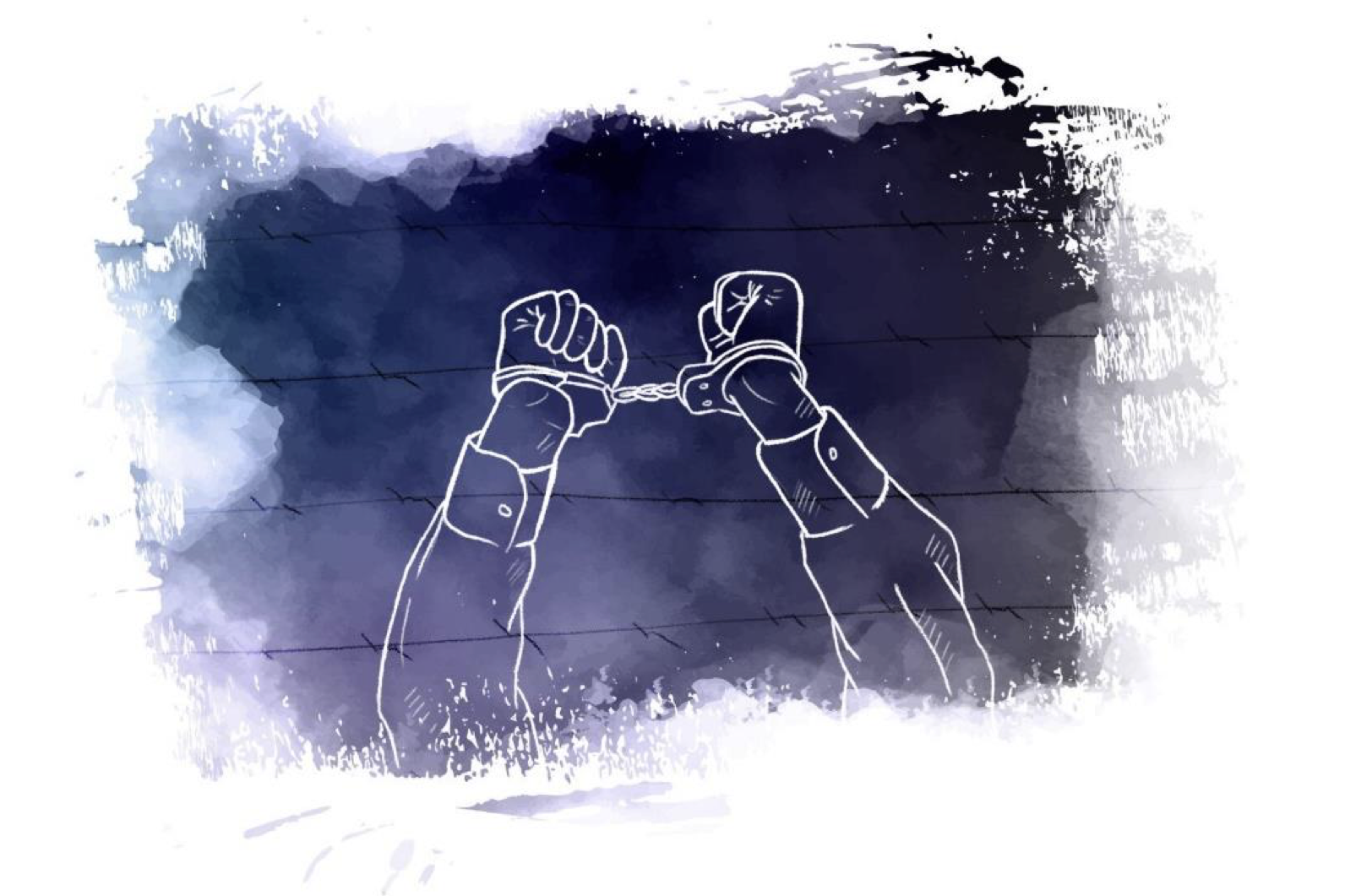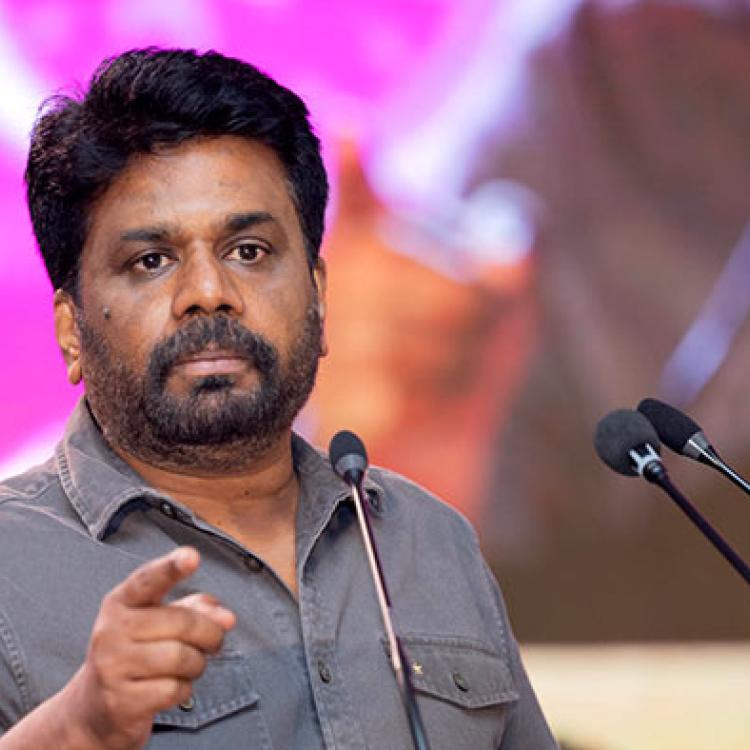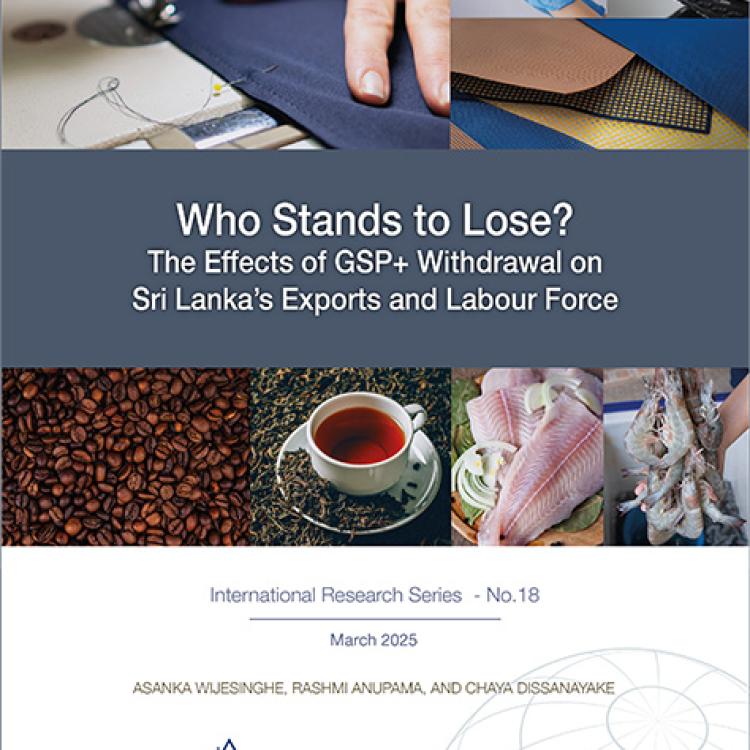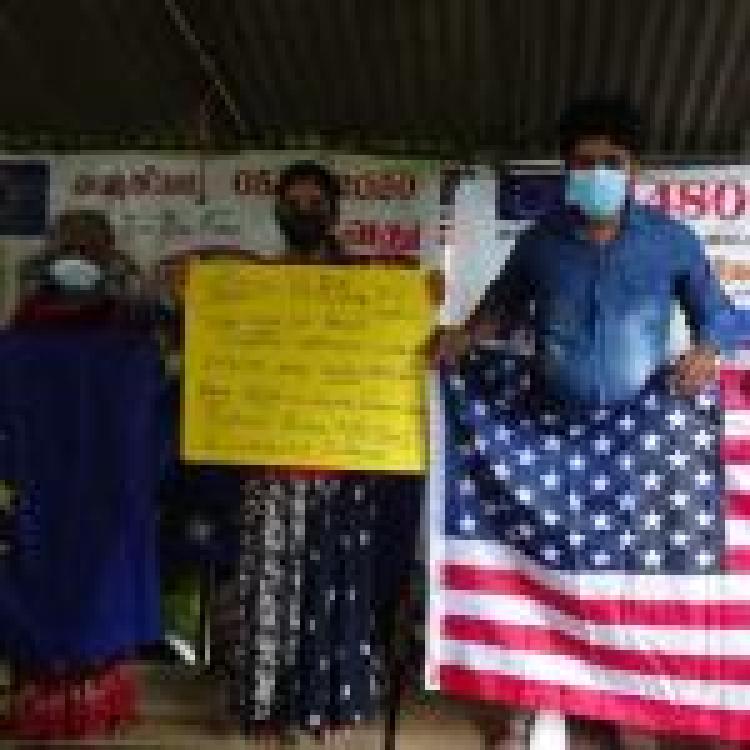
Sri Lankan opposition MP Harsha de Silva has claimed that the recent release of a 22-year-old youth detained under the draconian Prevention of Terrorism Act (PTA) was timed to coincide with the upcoming visit of a European Union delegation.
Speaking in parliament this week, de Silva criticised the continued use of the PTA despite repeated promises by successive governments—including the current administration led by Anura Kumara Dissanayake—to repeal the controversial law. The arrest, he said, highlights the disconnect between the government's public commitments and its actions on the ground.
“A youth working at a store in Slave Island was detained under the PTA over a sticker,” said de Silva. “The detention under the PTA was made under an order signed by President Anura Kumara Dissanayake.”
The youth, identified as Mohamad Rusdi, was arrested on 22 March and detained under a 90-day order signed by the president in his capacity as Minister of Defence. Amnesty International previously raised concerns over the arrest, warning that no credible evidence had been presented and criticising the continued use of the PTA.
However, according to de Silva, the government rapidly reversed course and released the youth under pressure, ahead of a European Commission evaluation of Sri Lanka’s GSP+ trade status.
“You received telephone calls from various persons. Due to the European Commission coming to Sri Lanka for the evaluation of the GSP+, the detained youth was released,” de Silva stated, accusing the government of attempting to shield its actions from international scrutiny.
“This cannot be hidden from the European Union as you are hiding from the people of the country,” he added.
The EU delegation is expected to assess Sri Lanka’s human rights and legal obligations tied to the Generalised Scheme of Preferences Plus (GSP+), a preferential trade arrangement which grants Sri Lanka tariff-free access to European markets. The GSP+ mechanism requires beneficiary countries to adhere to core international human rights conventions, including commitments to prevent arbitrary detention and uphold civil liberties.
The Prevention of Terrorism Act has long drawn condemnation from international human rights bodies and Tamil civil society. Its sweeping powers, including prolonged detention without trial, have been widely documented as tools of repression, particularly against Tamils and Muslims.
While Dissanayake’s administration came to power promising the repeal of the law, the continued use of the PTA and the timing of the youth’s release have led to ongoing scepticism around the government’s sincerity.



